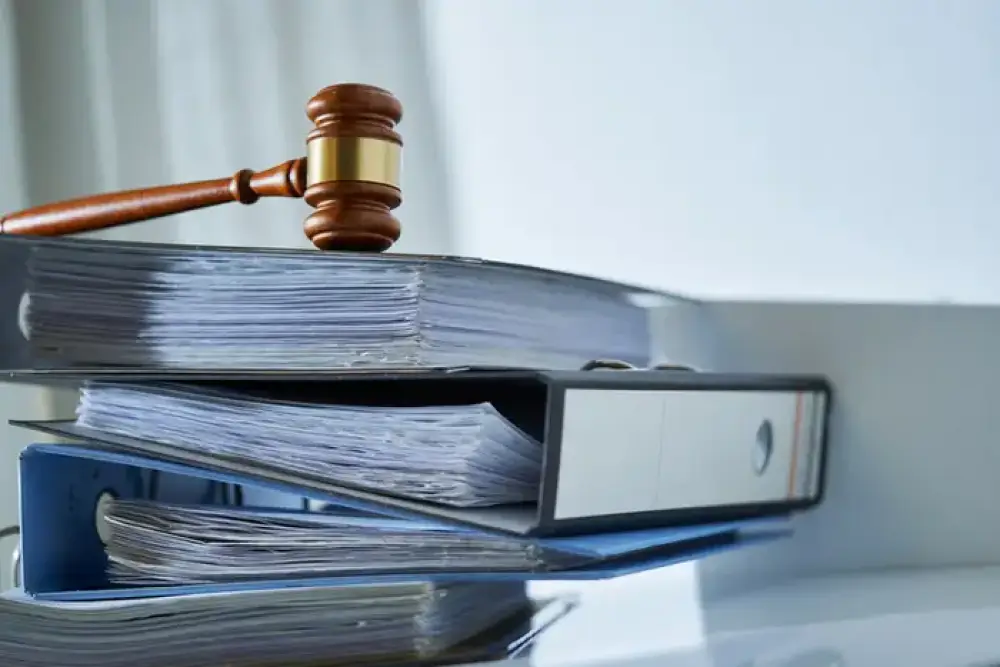
Luật sư ngày càng bị phạt vì dùng AI trích dẫn sai: hơn 70 vụ việc chỉ trong 5 tháng đầu 2025
-
Từ ngày 1/5/2025 đến nay, các thẩm phán đã phát hiện ít nhất 23 trường hợp tài liệu pháp lý có trích dẫn giả mạo do AI tạo ra, theo dữ liệu của chuyên gia pháp lý Damien Charlotin.
-
Tổng cộng 120 vụ việc có lỗi “AI hallucination” (ảo giác AI) đã được ghi nhận kể từ 2023, trong đó AI tạo ra trích dẫn sai, phán quyết không tồn tại hoặc nguồn dẫn không có thật.
-
Trong năm 2023, 70% lỗi đến từ người tự bào chữa (pro se), nhưng đến tháng 5/2025, 13/23 lỗi là do luật sư và trợ lý pháp lý – cho thấy xu hướng gia tăng lỗi từ giới chuyên nghiệp.
-
Các quốc gia bị ảnh hưởng ngoài Mỹ bao gồm: Anh, Nam Phi, Israel, Úc và Tây Ban Nha.
-
5 vụ việc đã bị phạt tiền từ 10.000 USD trở lên, 4 trong số đó xảy ra chỉ trong năm nay.
-
Trong một vụ việc tại Nam Phi, một luật sư lớn tuổi bị phát hiện dùng trích dẫn giả, tòa nhận xét người này “gặp khó khăn về công nghệ”.
-
Một số vụ việc liên quan tới các công ty luật hàng đầu của Mỹ như K&L Gates và Ellis George, với một vụ bị phạt tới 31.000 USD do lỗi do nhóm luật sư không kiểm tra chéo lẫn nhau.
-
Mặc dù không phải lúc nào công cụ AI được nêu tên, nhưng ChatGPT là cái tên được đề cập nhiều nhất trong các vụ việc có dữ liệu xác định.
-
Nhiều vụ việc, dù bên liên quan phủ nhận sử dụng AI, tòa vẫn kết luận có sự hiện diện của AI dựa trên nội dung “không thể có” từ con người.
-
Việc thiếu kỹ năng pháp lý và kiểm tra nội dung khiến AI trở thành rủi ro thực sự trong ngành luật nếu không dùng đúng cách.
📌 Từ đầu năm 2025 đã có 73 vụ án bị phát hiện trích dẫn pháp lý giả do AI tạo ra – tăng mạnh so với 2023. Nhiều luật sư và công ty luật hàng đầu bị phạt hàng chục ngàn USD vì dùng ChatGPT mà không xác minh nguồn. Lỗi “ảo giác AI” đang trở thành mối nguy lớn nếu người dùng không hiểu giới hạn công nghệ và thiếu kiểm tra kỹ lưỡng.
https://www.businessinsider.com/increasing-ai-hallucinations-fake-citations-court-records-data-2025-5
AI hallucinations in court documents are a growing problem, and data shows lawyers are responsible for many of the errors
- Since May 1, judges have called out at least 23 examples of AI hallucinations in court records.
- Legal researcher Damien Charlotin's data shows fake citations have grown more common since 2023.
- Most cases are from the US, and increasingly, the mistakes are made by lawyers, not laypeople.
Thảo luận
Follow Us
Tin phổ biến



